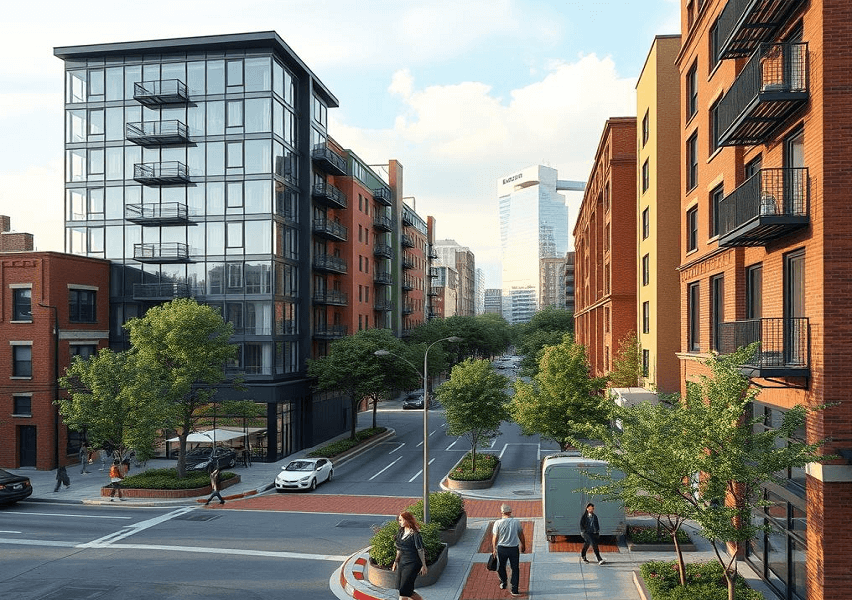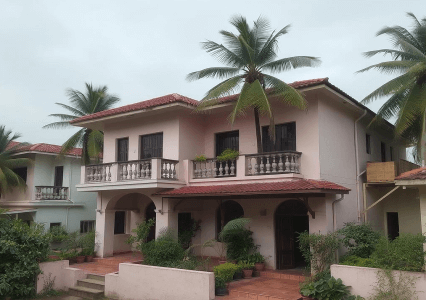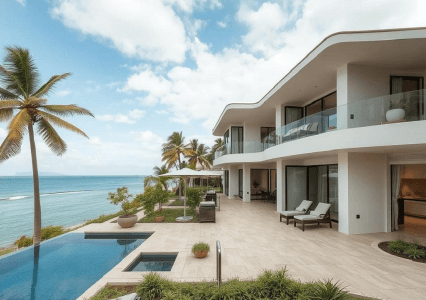
Introduction: Mixed-use developments: They refer to projects that combine multiple types of real estate use—typically residential, commercial, and sometimes industrial or recreational—within a single development or building. These developments aim to create self-contained communities where people can live, work, shop, and enjoy recreational activities, all in close proximity.
Mixed-use developments are becoming increasingly popular worldwide, combining residential, commercial, and recreational spaces within a single project. This integrated approach offers several benefits, both for developers and communities.
- Urbanization and Space Efficiency: As cities grow and space becomes limited, mixed-use developments offer an efficient solution by maximizing land use. Instead of separate zones for residential, commercial, and office spaces, these projects integrate them, reducing urban sprawl and promoting sustainable growth.
- Enhanced Convenience and Quality of Life: Mixed-use developments provide residents with easy access to amenities such as shopping, dining, entertainment, and workplaces, fostering a "live-work-play" environment. This convenience enhances quality of life and reduces the need for long commutes, lowering traffic congestion and carbon emissions.
- Economic Benefits: For developers, mixed-use projects can offer higher returns on investment by attracting a wider range of tenants and reducing vacancy risks. Additionally, the diversity of uses within a single project increases foot traffic for businesses and supports local economic growth.
- Community Building and Social Interaction: These developments promote social interaction by creating vibrant, walkable communities where people from different backgrounds can live and work in close proximity. This fosters a sense of community and enhances the overall urban experience.
- Sustainability and Environmental Impact: Mixed-use developments often incorporate sustainable building practices and energy-efficient designs. With reduced reliance on cars and better land-use planning, they help cities become more environmentally friendly and resource-efficient.
- Challenges: While mixed-use developments offer numerous advantages, they also come with challenges, including complex zoning regulations, higher initial investment costs, and the need for skilled project management to balance diverse uses.
Conclusion: These projects are shaping the future of urban living by offering efficient, sustainable, and community-oriented environments, responding to the growing demand for integrated and multifunctional spaces.


